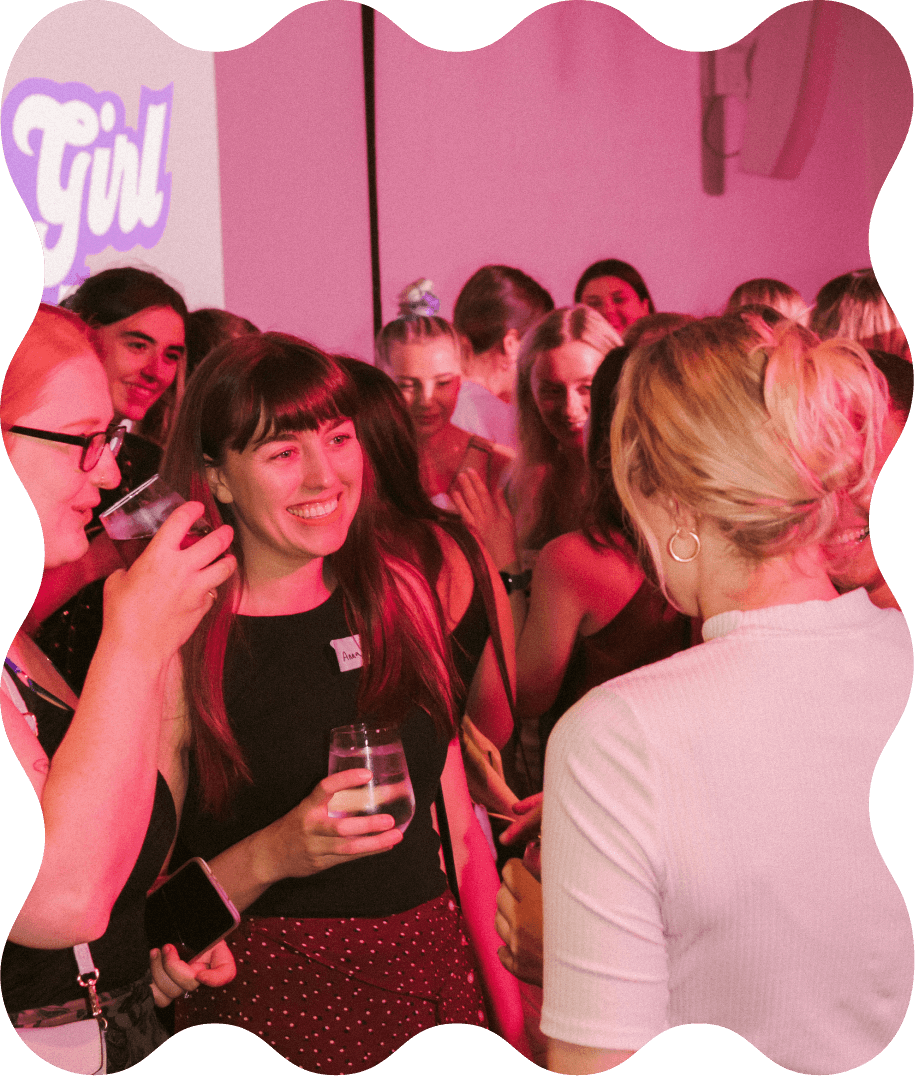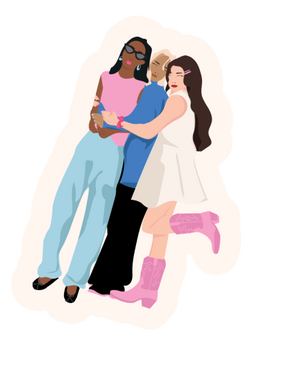The link between sobriety and exercise: getting sober doesn’t have to mean getting thin

TW: Weight loss, over-exercising, disordered eating
For anyone who has experienced a hangover, you’ll know the only thing that can make it more hellish is attempting to exercise with one. Too many times I have agreed to a morning walk over drinks the night before, only to wake up with a gurgling stomach and pounding head – I can attest that climbing up a hill on Hampstead Heath, hungover in English drizzle, with no toilet in sight or the refuge of a cafe is never, ever fun.
With sobriety comes a lifestyle change that is somewhat inevitable. No longer having downed four pints and eaten a kebab the night before, not only could I actually get out of bed before midday, but I wanted to. I had a lot more time to myself; plus I experienced many of the other positives giving up drinking can have, including clearer skin, a clearer head, brighter eyes, no hangovers, shinier hair and more money. Did I mention, no hangovers?
Despite the undeniable benefits of ditching the drink, the fact that I now had more time on my hands (and in my case also an astonishingly clear head) I began to experience perhaps a less spoken about experience as a result of this, although something I ended up finding out is quite common for those newly sober, which was heightened symptoms of anxiety and depression.
As someone who has routinely suffered with bouts of anxiety during their life, booze had unwittingly become a way to cope when I needed an extra push to socialise or drown my anxious thoughts and wind down. No longer having the option to just neck a bottle of wine when these thoughts bubbled to the surface, a big surprise was that my new way to silence my whirring brain turned out to be exercise.
Exercise appears in most discussions as a solution to poor mental health as it boosts endorphins (the feel good feelings), and is a coping mechanism which I am a big advocate for. A 45-minute workout session puts me in an almost meditative state, only able to think of the dreaded burpees ahead of me and my problems become non-existent.
There’s also a vibrant fitness scene in London available to access – from ballet inspired barre classes, to ab-burning pilates, box-con, spin (the worst), yoga, animal movement and kettlebells – you name it, I’ve tried it.
However, as my love for exercise continued I started to become faced with a bit of a catch-22. With no hangover as an excuse to stay in bed, I also had no excuse to not be at the gym. Lie-ins or lazy Sunday mornings? Nope! Definitely wasting the day. Setting an alarm later than 8am? Get up!
I started to naturally lose some weight as a result of this, plus combined with the fact that I stopped eating double dinners (and by this I mean drinks with friends, dinner with friends, takeaway for one in bed – we’ve all been there) I found myself stuck in another cycle of dependence, again through means I had introduced to stop myself from going mad.
Soon, my fixation on exercising and maintaining my new weight started to seep into other areas of my life. Going out for dinner with friends, I’d Google the lowest calorie options to order from the menu and when I experienced cravings for booze, my focus was not on reminding myself of the many positives I was reaping but instead, god forbid, the inevitable weight gain that would happen if I had a glass of wine. I started prioritising gym classes over social plans and around work, cramming in a class at lunchtime and often sitting in the office red faced with wet hair- as long as I got that workout in I didn’t care.
Lots of new non-drinkers do report weight loss as a side effect of stopping drinking and for some people this might be just another thing they notice as a result of being sober. As a community however, I think we should be careful to avoid pushing a narrative that focuses on weight loss as a benefit of sobriety (you’ll notice I didn’t list this in my list of positive side effects at the start of the article!) and even consider how we speak about the appearance based merits of sobriety too.
I’ve been lucky enough to avoid the majority of content that focuses on this, largely because I don’t use the ‘explore’ feature on Instagram but I have come across posts, no doubt with good intentions, listing weight loss as one of the pros of not drinking. If you’re a fan of non-alcoholic replacements, you may have noticed a lot of the reviews, and even on some of the cans and bottles, feature the low-calorie content quite prominently. Personally, if you’re trying to stay sober and you’ve chosen a non-alcoholic option, I’d hope the last thing on your mind would be the calories – you’ve chosen to stay sober! – which in my eyes is a much bigger win.
It’s taken me a long time (plus the help of therapy and meds) to realise that just because I have more time now, I am allowed to use it to rest and even though I’m sober, I don’t have an obligation to run myself into the ground trying to be thin.
Whilst I still enjoy going to the gym, I’ve found a more measured way of exercising – I’ve kept up boxing for example, but also focus on low-impact and genuinely fun sports such as static trapeze and aerial hoop (if you want something closer to the ground check out Sober Girl Society’s Sweat Fest, a dance class all about moving with confidence). As well as this, I’ve also found other non-movement focused activities such as volunteering and have started learning Arabic, hobbies that keep both me and my mind busy.
If your lifestyle becomes a healthier one as a result of giving up booze (which let’s face it, it probably will do) and a by-product of this is weight loss or new hobbies that focus on movement this is by no means a bad thing. However if you don’t suddenly drop half a stone, or discover a new found love for the treadmill do not guilt trip yourself. There are so many other things to celebrate in sobriety other than exercising or working towards being small and so if you have the will-power to be sober, you should use the time to explore all of your interests and enjoy it in whatever way you want.
Written by Katie Randall
Katie Randall is 26, lives in London and works in the charity sector. She’s been sober since New Year’s Day 2021 and now fills the time she would have spent being hungover with various activities including writing, trapeze and exploring an ever growing list of restaurants around the city. When she’s not hanging upside down or eating you can find her on Twitter @katiearandall95.











